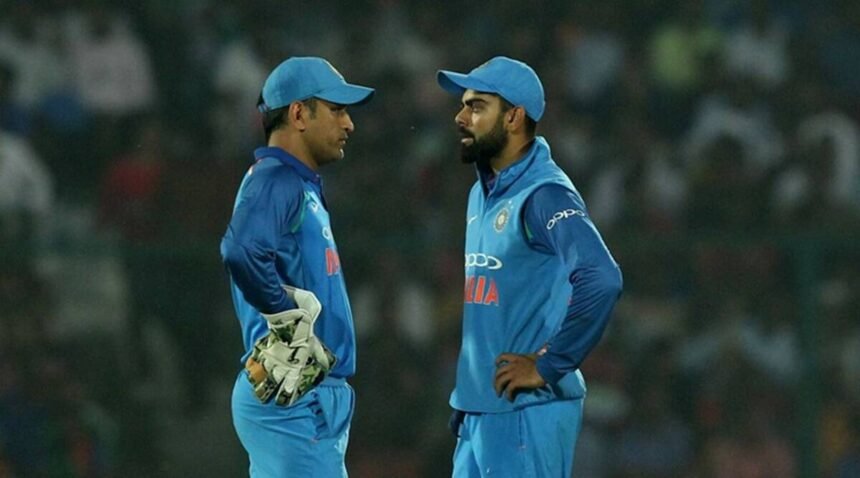KL Rahul, an Indian cricketer, recently shared his insights on the different captaincy styles of MS Dhoni, Virat Kohli, and Rohit Sharma, under whom he has played on the national side. Rahul began his international career under Dhoni’s captaincy and considers him one of his mentors. He praised Dhoni’s calmness and highlighted the importance of building relationships with each team member. Rahul acknowledged the lessons he learned from Dhoni in terms of fostering unity and loyalty within the team.
Rahul then played most of his career under the captaincy of Virat Kohli, both in the national team and for the Royal Challengers Bangalore in the Indian Premier League. Rahul commended Kohli’s leadership and the remarkable achievements of the Indian team under his captaincy. He praised Kohli’s passion and aggression, emphasizing how he set high standards for the team. Rahul expressed how Kohli’s leading from the front inspired the players to strive for greatness and not settle for mediocrity.
In more recent times, Rahul served as the vice-captain under Rohit Sharma’s leadership. He highlighted Sharma’s meticulous approach to the game and his strategic mindset. Rahul mentioned that Sharma does thorough homework before matches, understanding the strengths and weaknesses of each player, and devising strategies accordingly. Rahul acknowledged the valuable lessons he learned from Sharma in terms of game analysis and planning.
Overall, Rahul expressed gratitude for the opportunity to play under these three exceptional captains, each with their unique leadership styles. He praised Dhoni for his relationship-building skills, Kohli for his inspirational leadership, and Sharma for his strategic acumen. Rahul’s experiences under these captains have influenced his growth as a player and provided valuable insights into different aspects of leadership.
These insights from Rahul shed light on the diverse approaches to captaincy within the Indian cricket team. Each captain has left a significant impact on Rahul’s development as a cricketer, shaping his understanding of team dynamics, motivation, and strategic thinking.
